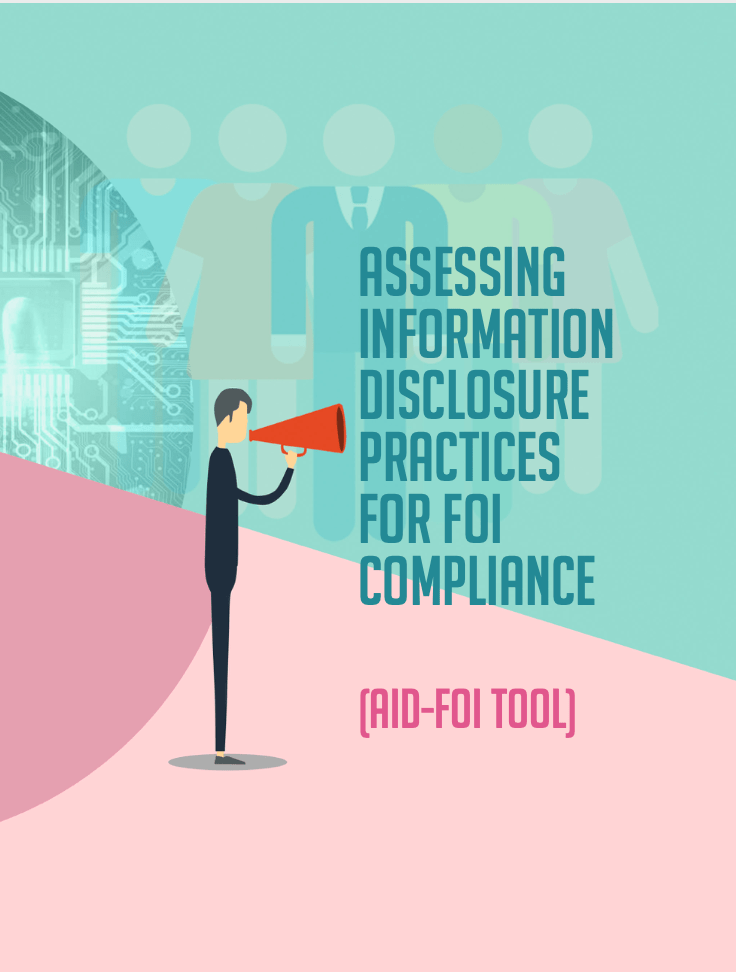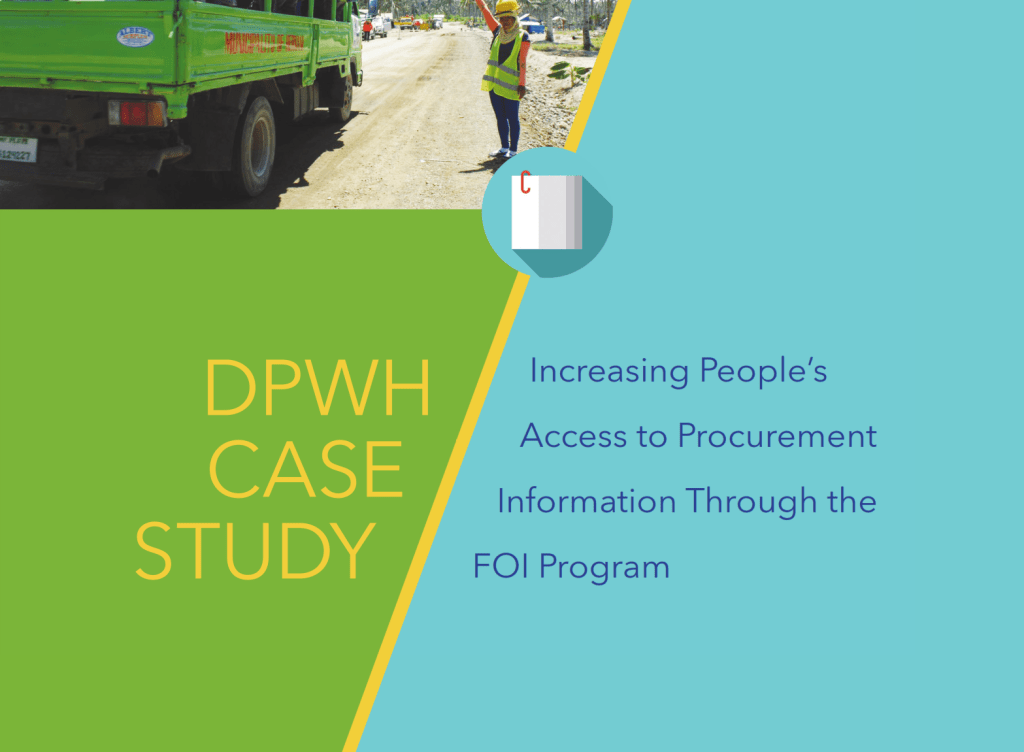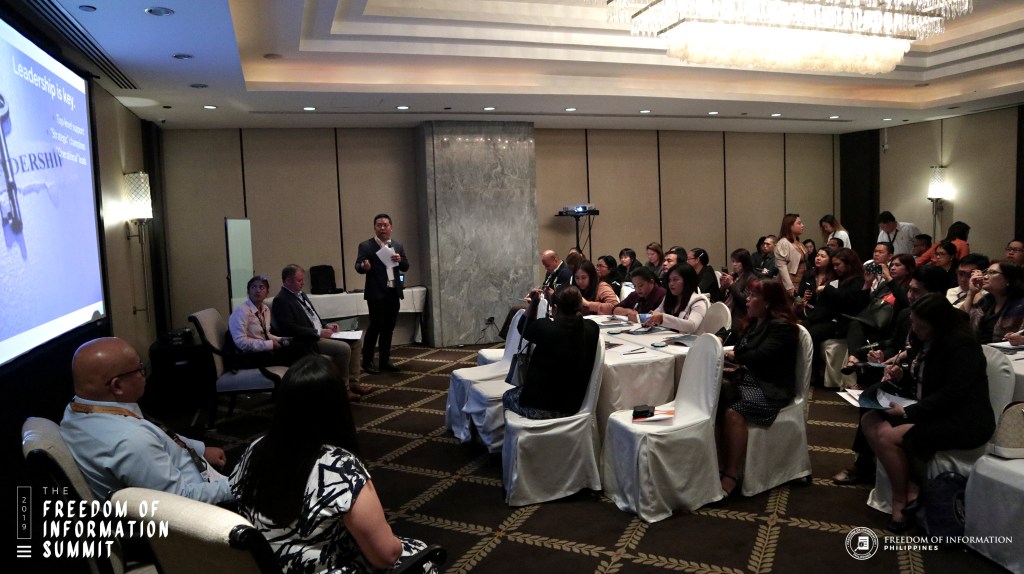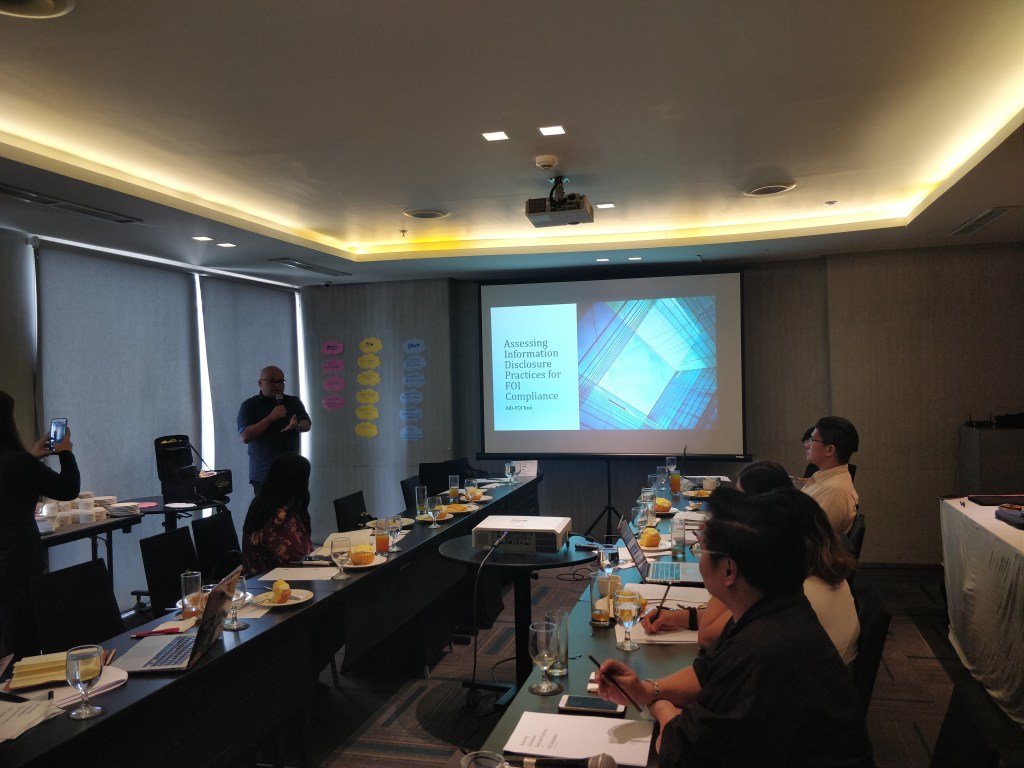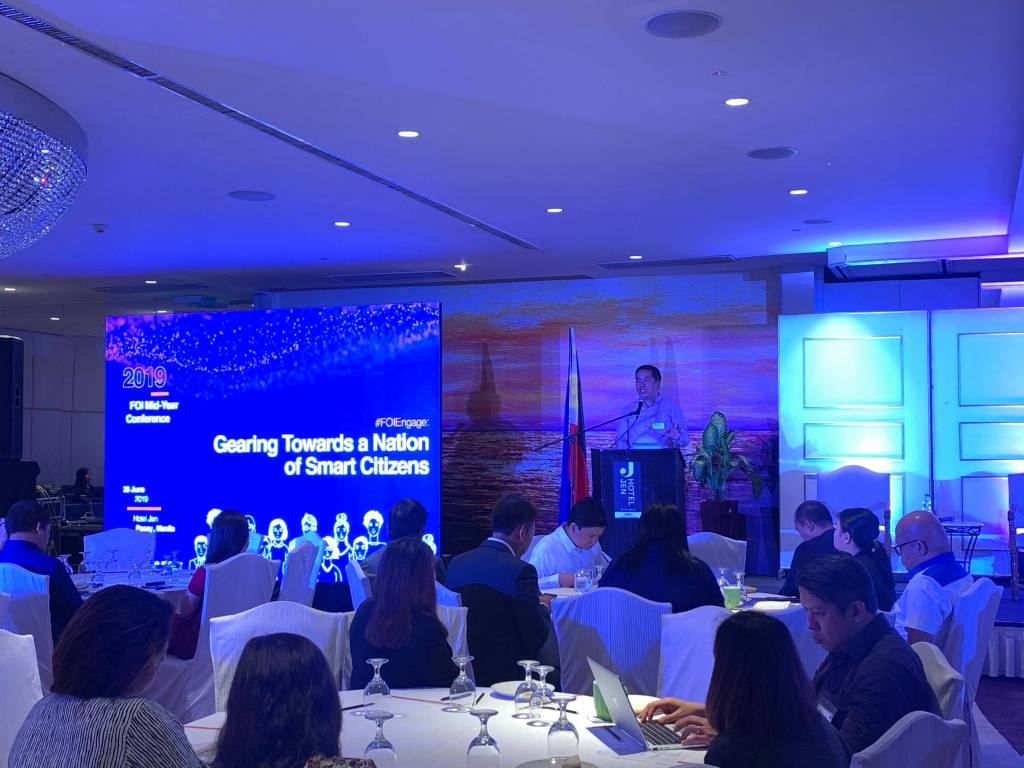The FOI Research Team released the final paper to document the results of this research project. Entitled “Increasing People’s Access to Procurement Information Through the FOI Program: Assessing Bottlenecks, Gaps and Opportunities”, this research paper assesses how effective and efficient is using the FOI program of the Philippine government to access public contracting data.
Featuring case studies from the Department of Health, Department of Public Works and Highways, and the Department of Transportation, the paper concludes that while there are challenges, there is opportunity to strengthen the FOI program so that it can become an effective means for people to get access to contracting data. At the same time, there is a need to look into proactive disclosure to enable efficient access to regularly requested contracting information.
Click on this link to download the report:
